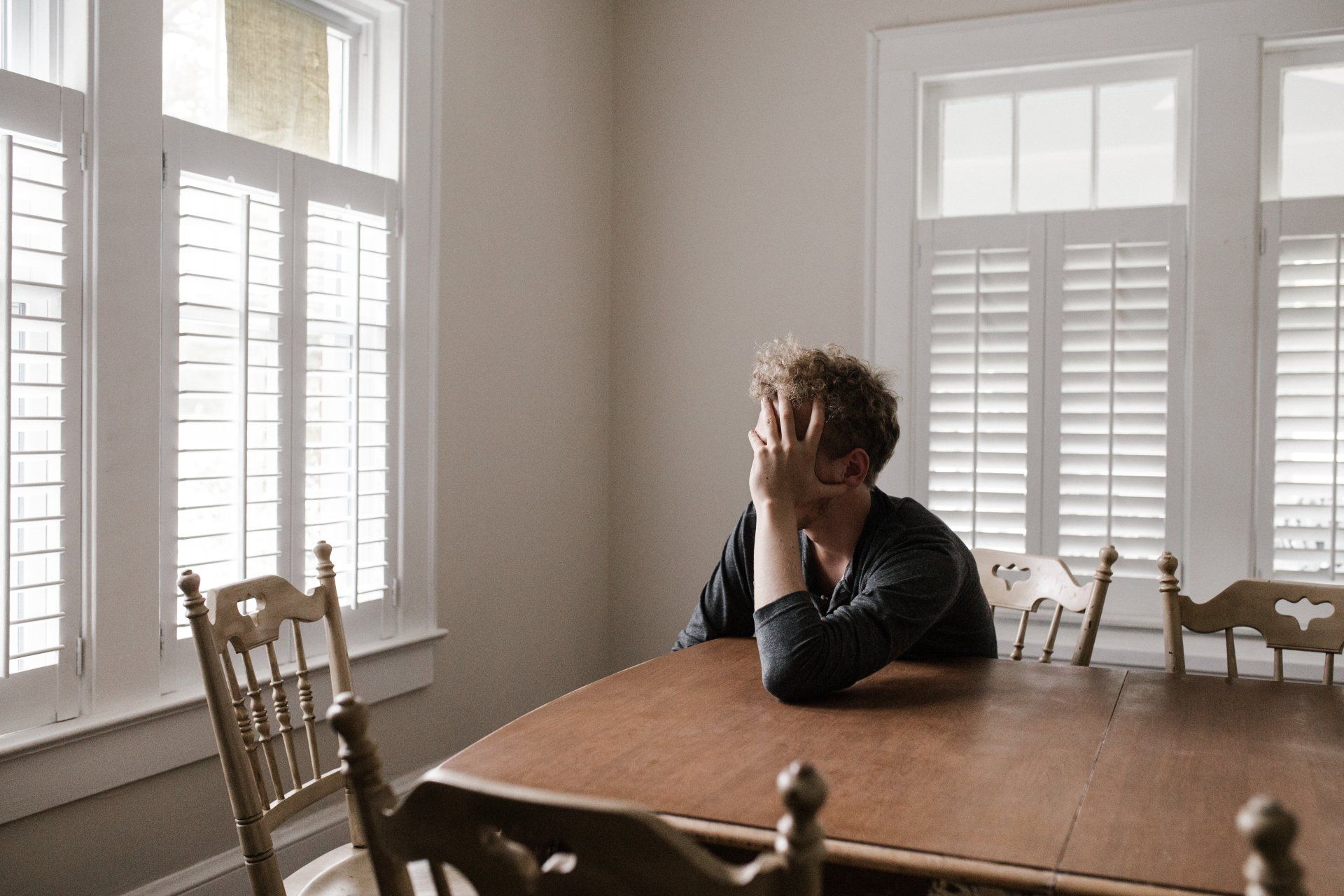what if...what if...what if !
A common thinking pattern with anxiety
Have you ever skipped to the end of the book wanting to know how it ends? Or wished for a crystal ball to know how that exam result is going to turn out? Or wondered how your first blog writing experience will go (no one else? Just me?)? If we had the ability to remain infinitely certain about life, then the rate of anxiety would nosedive, and I may be out of a job!
The experience of anxiety is different for every person because we cannot put everyone’s life events and difficult moments into one category. However, when I break down an anxious person’s thoughts and behaviours in therapy, we often find that they are struggling to tolerate uncertainty and the parts of life that they cannot control. They make plan A all the way through to Z, avoid any situation that is not in their comfort zone or become overwhelmed when the schedule they made is not fulfilled. But often it is the ‘what if’ thought that is the most time consuming and overwhelming symptom. We’ve all had a thought like this many times in our life, what if my car breaks down and I’m late for that meeting, what if I forget my notes and let the team down, what if I forgot to pack trousers?? And that is okay, worries and anxiety allow us to evaluate and remember what is important. It is when these thoughts start to spiral and take control of us that we need to take notice and look after ourselves.
We call these ‘what if’ thoughts hypothetical worries and that is because they are exactly that. They are entirely hypothetical and quite often there is nothing we can feasibly or healthily do about them. And our brain with all its fantastic problem-solving skills finds this utterly infuriating. What ends up happening is we think them over and over and they take up so much brain space and energy. The reason those with anxiety are often drained and exhausted is because their minds are going at 200mph for most of the day. Hours, days or weeks later, they will look back and think why did I worry about that? But in the moment, we feel dread, we feel panicked and as if we should not think about anything else.
There is something we can do about this. Therapy can help us to understand why our worry might be happening, so it no longer feels like a big chaotic ball of mess. Once you have that power of knowledge and understanding, your therapist can start helping you to develop coping strategies. This might be to help us feel more grounded in these moments where all we can think about is the possible future. It may be how to take control back with these worries and bring it to a level where it is manageable. Knowing the difference between the things we can or cannot control may reduce worry. Finally, building skills that tend to go out the window during worry such as problem solving, concentration and our routine can also be focused on.
By referring into Trent PTS, we can assess how the anxiety is impacting your life and in what ways we can support it. Hypothetical worries are often treated with Guided Self Help which is a therapy based on CBT. Ultimately, the aim will be to get you to a stage where you feel confident to take back the reins with the worries and know that whilst we don’t want to stop worry completely, it doesn’t have to interfere with every part of our life.













